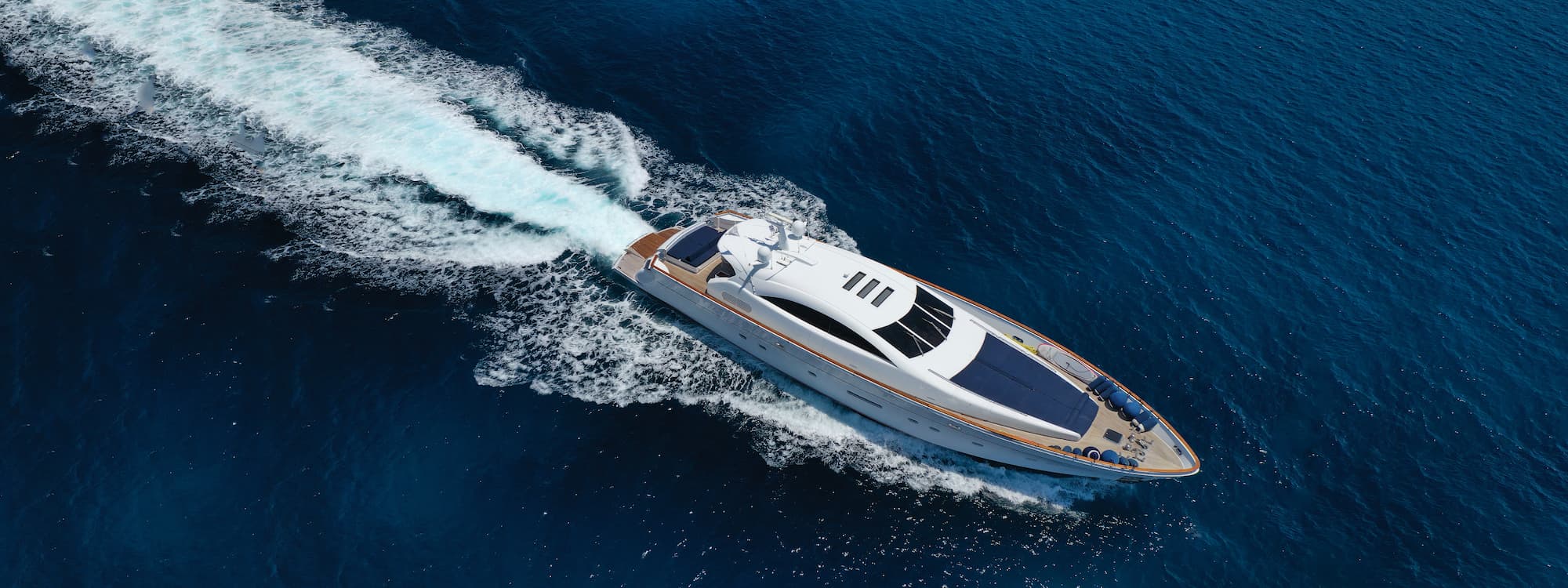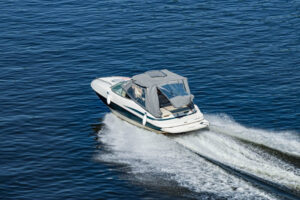Boats, yachts, cruisers, and other marine vessels rely heavily on their refrigeration systems. These systems are meant to be used aboard ships to preserve the freshness of food, drinks, and other perishables. Yet to ensure that maritime refrigeration systems are safe, efficient, and reliable, they need the right type of refrigerant.
With so many options available today for choosing and maintaining systems, it can take time to decide on a reliable refrigerant that offers long-term performance and dependability. To help make this process simpler and quicker for you, we have created this guide to discuss some of the most commonly used refrigerants in marine applications.
Types of Refrigerants Used in Marine Refrigeration Systems
CFCs (Chlorofluorocarbons): CFC refrigerants are a type of ozone-depleting chemical compound used widely in the past but are now gradually being replaced due to their negative environmental impacts. However, CFCs remain the most popular refrigerants in marine vessels, offering excellent performance and cooling capacity. Examples of commonly used C refrigerants are R11, R12, and R115.
HCFCs (Hydrochlorofluorocarbons): Hydrochlorofluorocarbons are another ozone-depleting refrigerant in marine vessels. They are less reactive than CFCs and have a shorter atmospheric lifetime, making them better for the environment than their counterparts. Examples of HCFC refrigerants commonly used in marine applications are R22, R123, and R-124.
R12
The most popular and widely used marine refrigerant is R12. Developed in 1928, R12 became the first refrigerant that could be safely used to air condition an automobile because it was non-flammable, so it would not start a fire in a car crash. Moreover, R12 was also nontoxic, stable under various operating conditions, and miscible with oil.
R12 has since become almost obsolete. However, many marine vessels still use it for its trusted performance and reliability over the years.
R22
This is a hydrochlorofluorocarbon (HCFC) refrigerant used in many marine vessels and is commonly seen as a replacement for R12. It has a much lower ozone-depleting potential (ODP) of 0.05 than R12 and is thus less of a threat to the ozone layer. That being said, this refrigerant is still harmful to the environment and is also being phased out.
R134a
R134a is a hydrofluorocarbon (HFC) refrigerant commonly used in marine refrigeration systems. It is gaining traction due to its non-toxicity, non-flammability, and low ozone depletion potential. It’s an ideal choice for air conditioning systems aboard ships. However, it has a high global warming potential (GWP) of 1,430, which means it’s not completely harmless to the environment.
R407C
This is another blend of HFC refrigerants commonly used in marine refrigeration systems. It has a low toxicity and low flammability, and it has a low ozone depletion potential. It is also an effective alternative to the older R-22 refrigerant.
Overview of the R22 Refrigerant
The R22 refrigerant had a firm grip on the market for many years and was frequently used in marine vessels. This non-toxic and non-flammable gas certainly had its advantages, yet it also posed considerable damage to our environment due to its high ODP (0.35). Because of this, the production of R22 has been prohibited in numerous countries, including the United States.
With this ban, many boat owners are searching for reliable refrigerants with eco-friendly options. Two of the most popular alternatives to R22 are R134a and R407C. But both have their own sets of advantages and disadvantages when compared.
Have the Best Refrigeration System on Board
For a smooth sailing experience, marine vessels must have a reliable and safe refrigeration system. Cruise RO Water and Systems is the leading provider of high-performance marine refrigeration systems. Our experienced technicians will work with you to create a custom system tailored to your needs, helping you achieve optimal performance and efficiency.
Contact us today to learn more about our marine refrigeration solutions.
Read More On This Topic
What Size of Refrigeration System Does My Boat Need?




